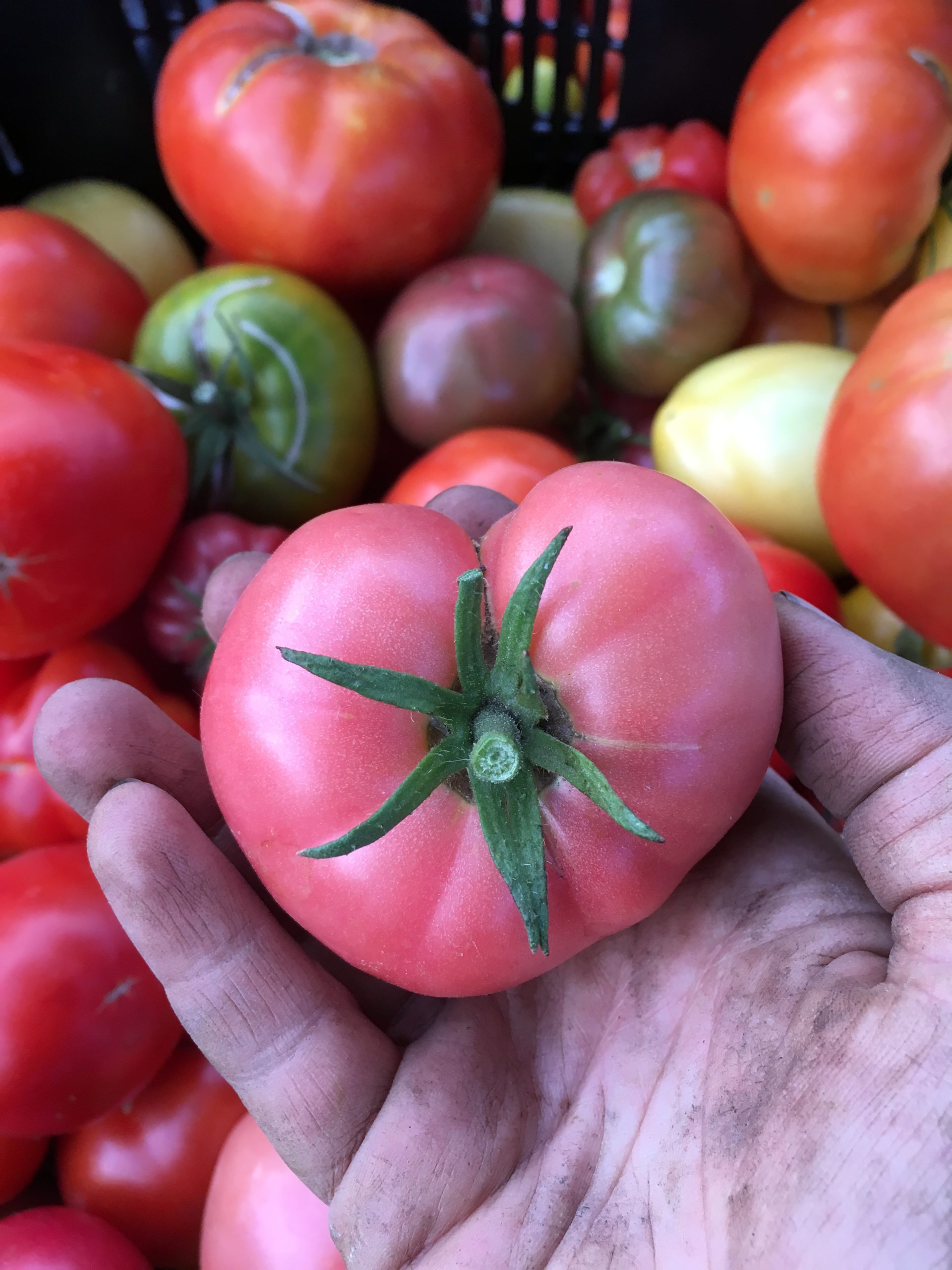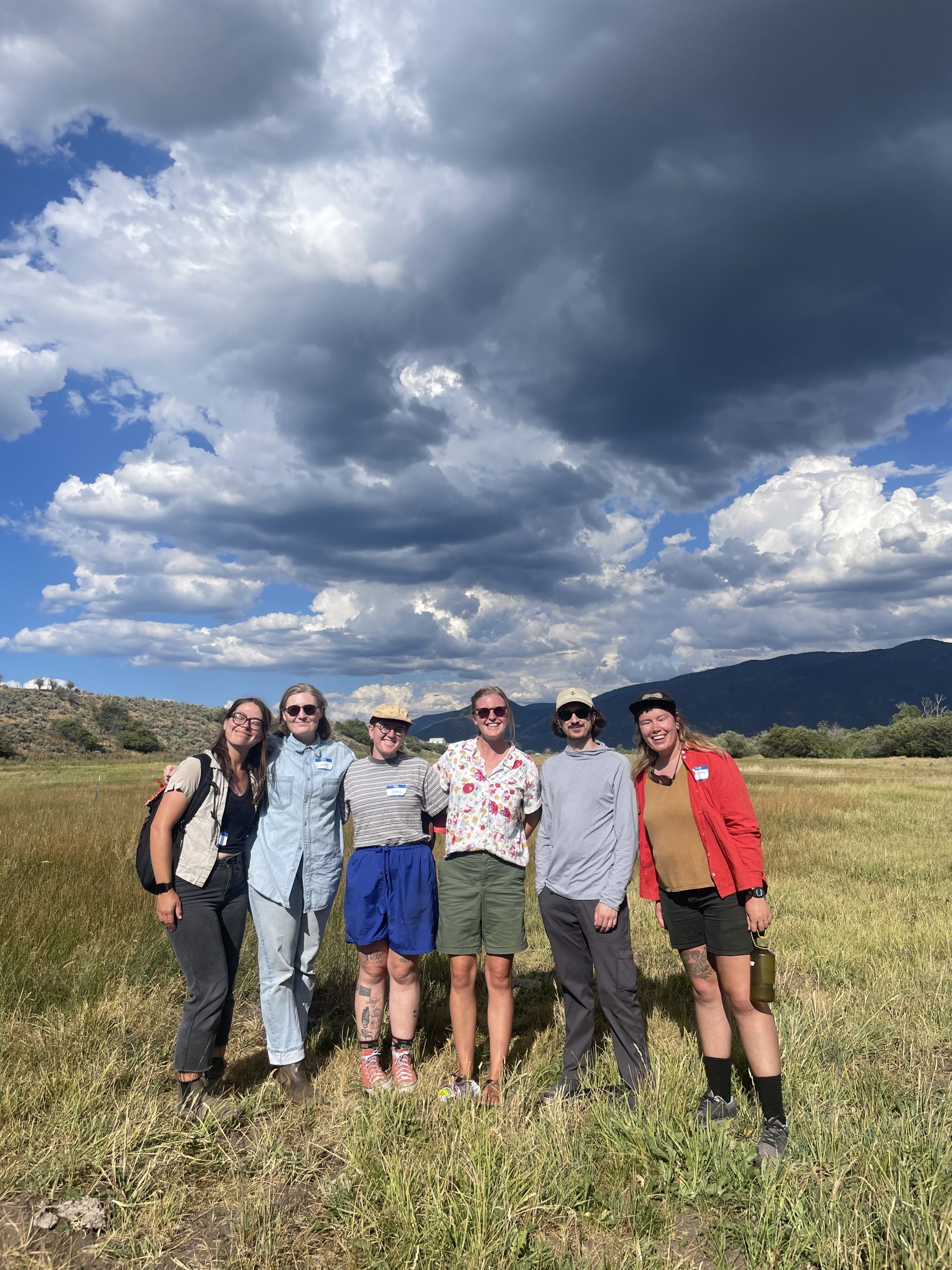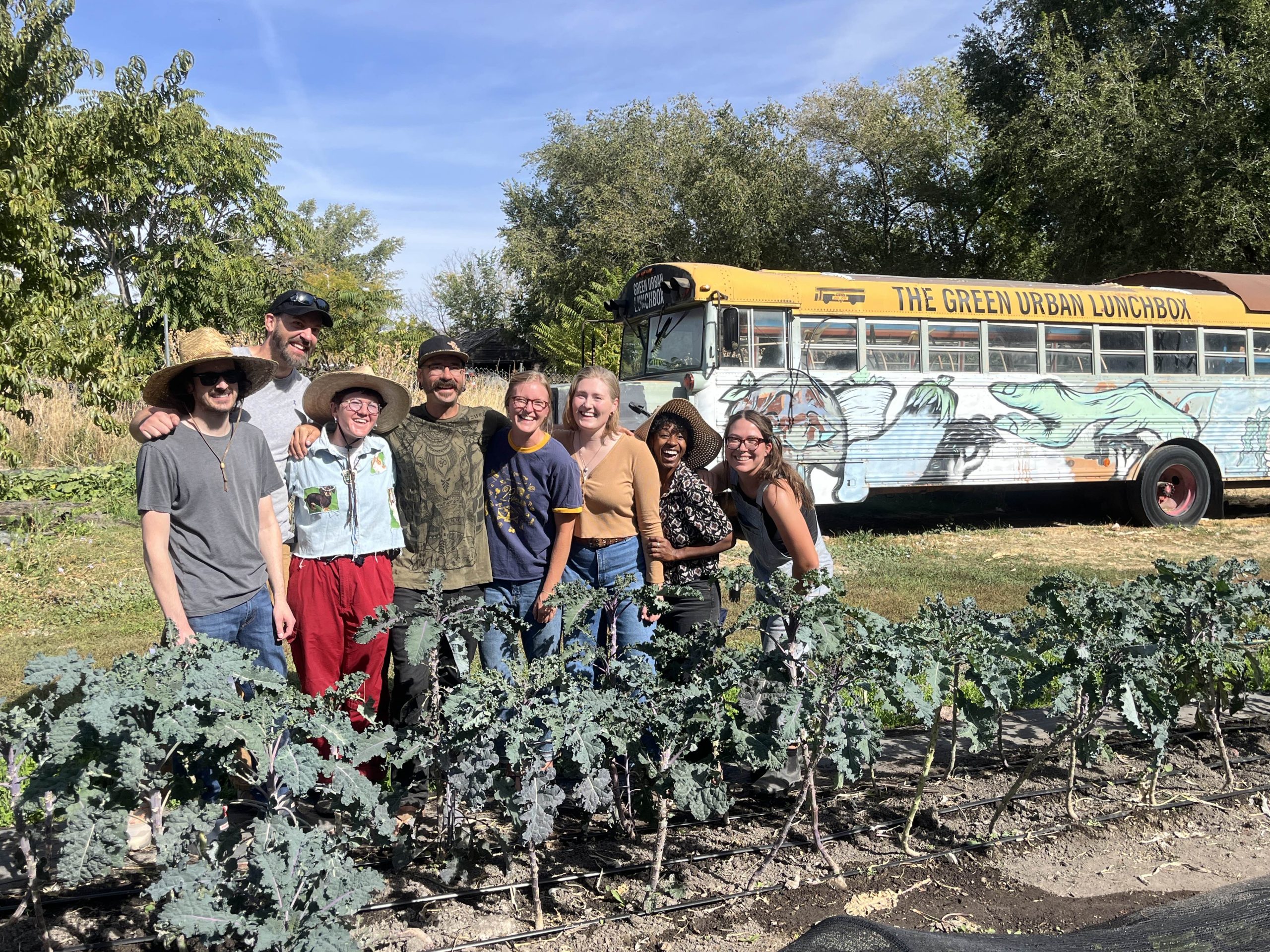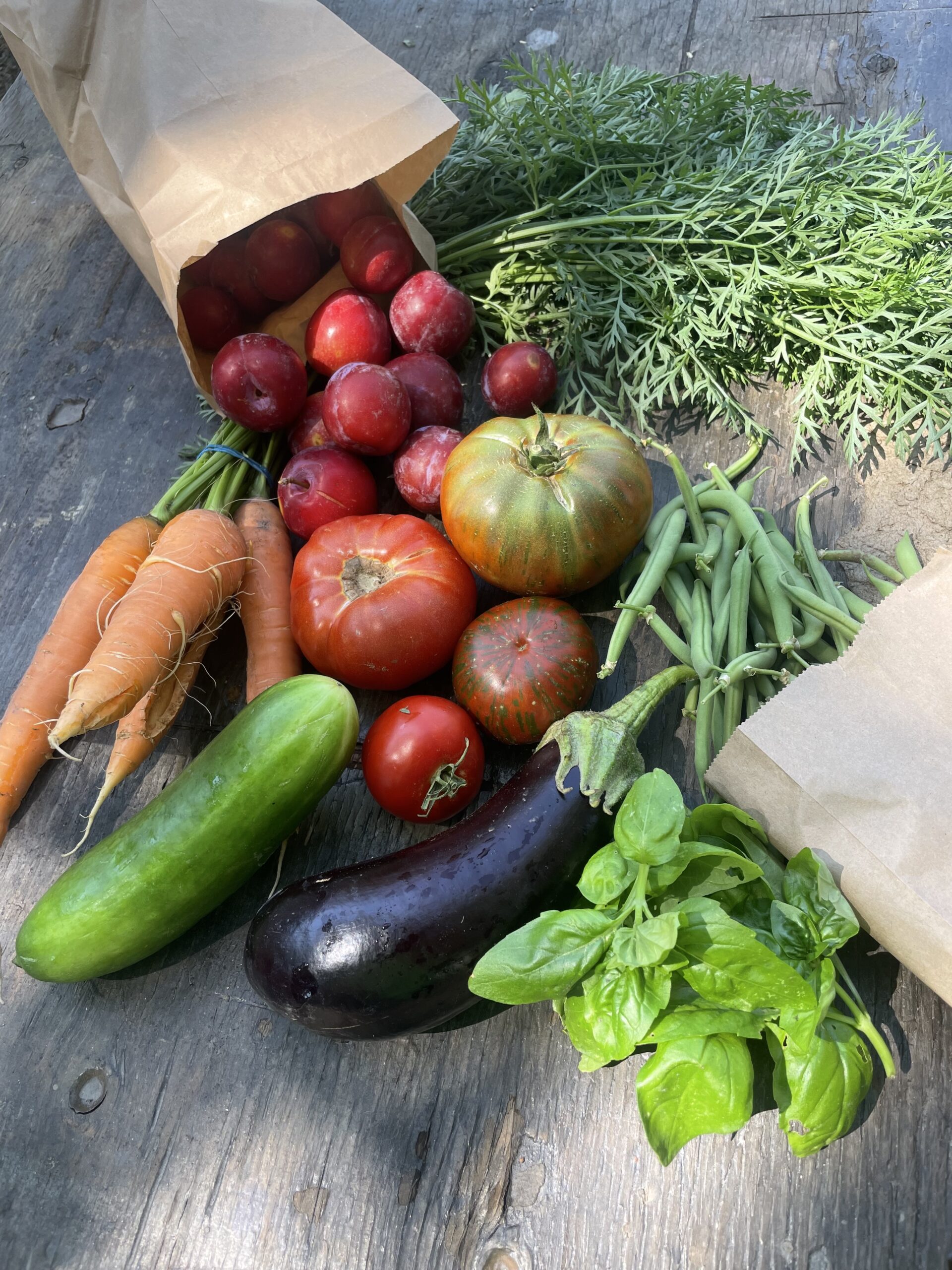
Seasonal Eating
Jenae Ridge
In our modern world, only remnants of seasonal eating habits still remain in our daily life. Our hunter-gatherer and agricultural ancestors, however, relied completely on foraged wild foods and seasonal vegetables to meet their dietary needs. Today, we generally only eat sweet corn when local farms offer it at roadside stands and farmers’ markets. Yet later that same day, I can go to the grocery store and purchase an avocado or a pineapple.
By definition, seasonal eating is the practice of consuming food soon after the harvest. For example, food grown on a local farm, in your backyard, or foraged from wild resources in your local area.
Geographic location and cultural customs contribute to the food choices we make.
Seasonal eating goes hand in hand with traditional eating.
Traditionally, people around the globe kept a wealth of knowledge of the wild flora and fauna consumed in their areas and how to preserve it. They passed this knowledge down from generation to generation. This kept on until only recently in human history. Our food system has become globalized and commodified. This changed the way we ‘gather’ our food.
Modern trade routes allow for food to travel thousands of miles from one part of the world to another. This convenience allows people living in Utah to eat bananas at any time of the year! This is pretty amazing! However, there are many downsides to these forces that demand our attention.
Now, many of those privileged enough to choose to eat seasonally, are doing so. Purchasing a CSA from a local farmer, visiting the farmers market, canning, and preserving the summer harvest are all great ways to invest in local food and seasonal eating for yourself and your family.
At the same time, structural inequality leads many indigenous communities and people of color to rely on foods that are high in fat and sugar and are opposite of their traditional food sources.
Often times, traditional food sources are no longer accessible or available due to financial, resource, and geographical barriers. Food sovereignty and food equity are important causes to fight and both tie directly into seasonal and traditional eating. Check out the Sioux Chef, A Growing Culture, Sylvanaqua Farms for some of the most influential leaders in this movement.


